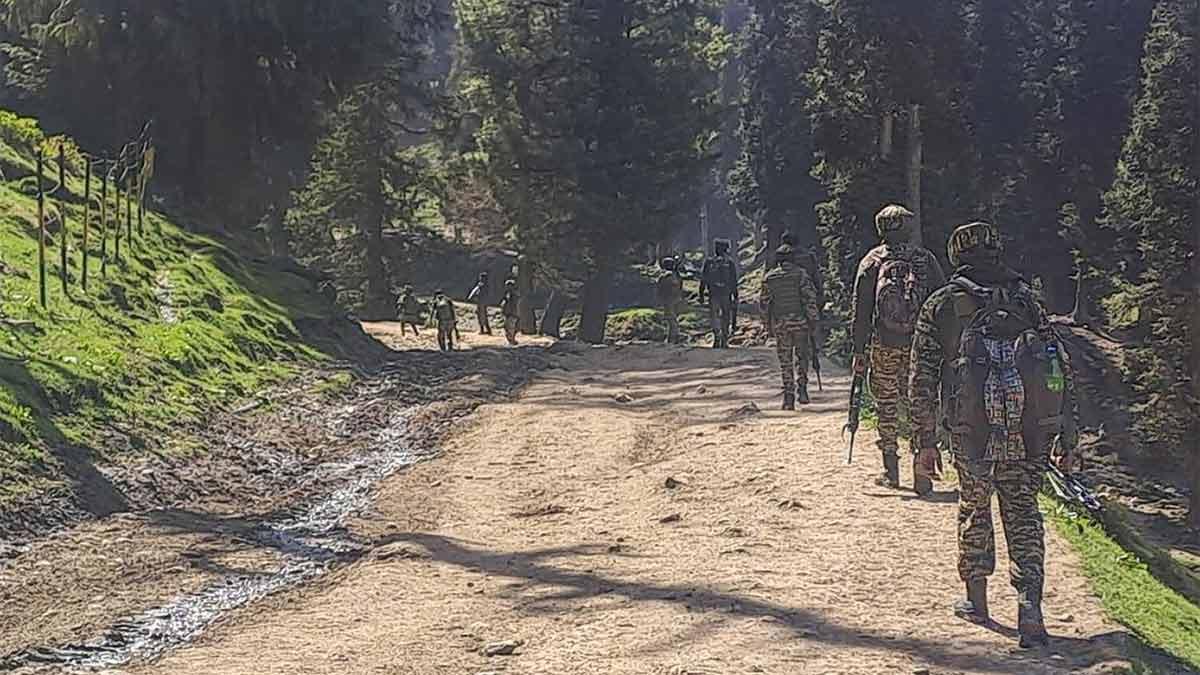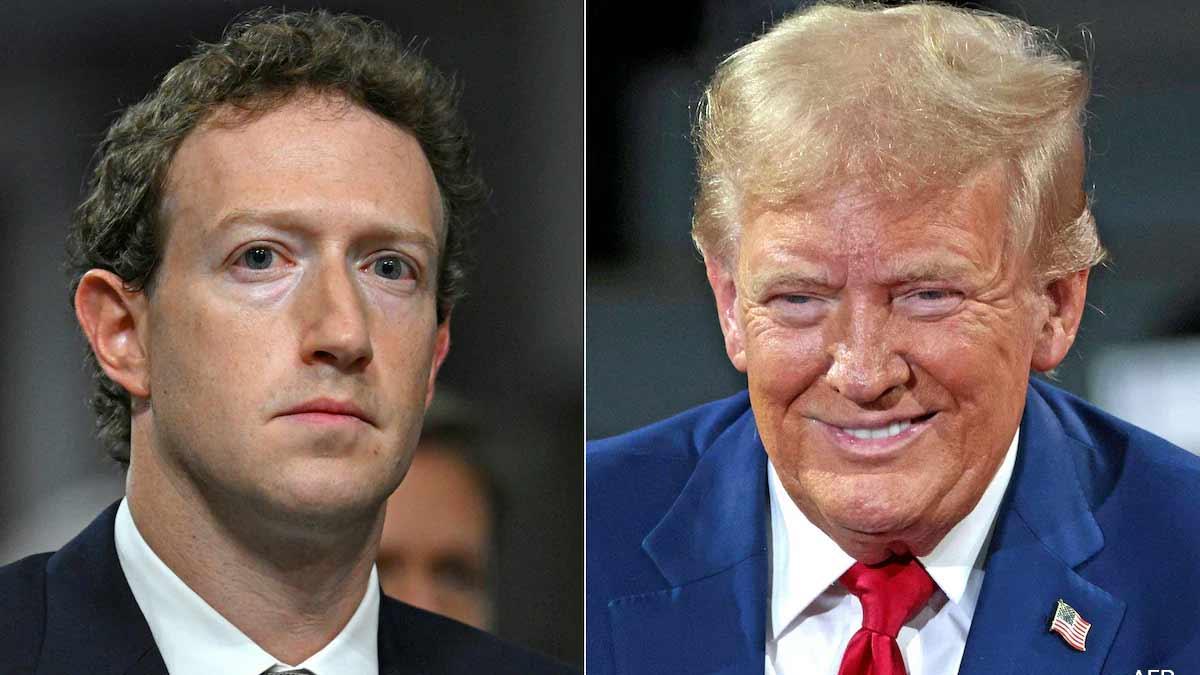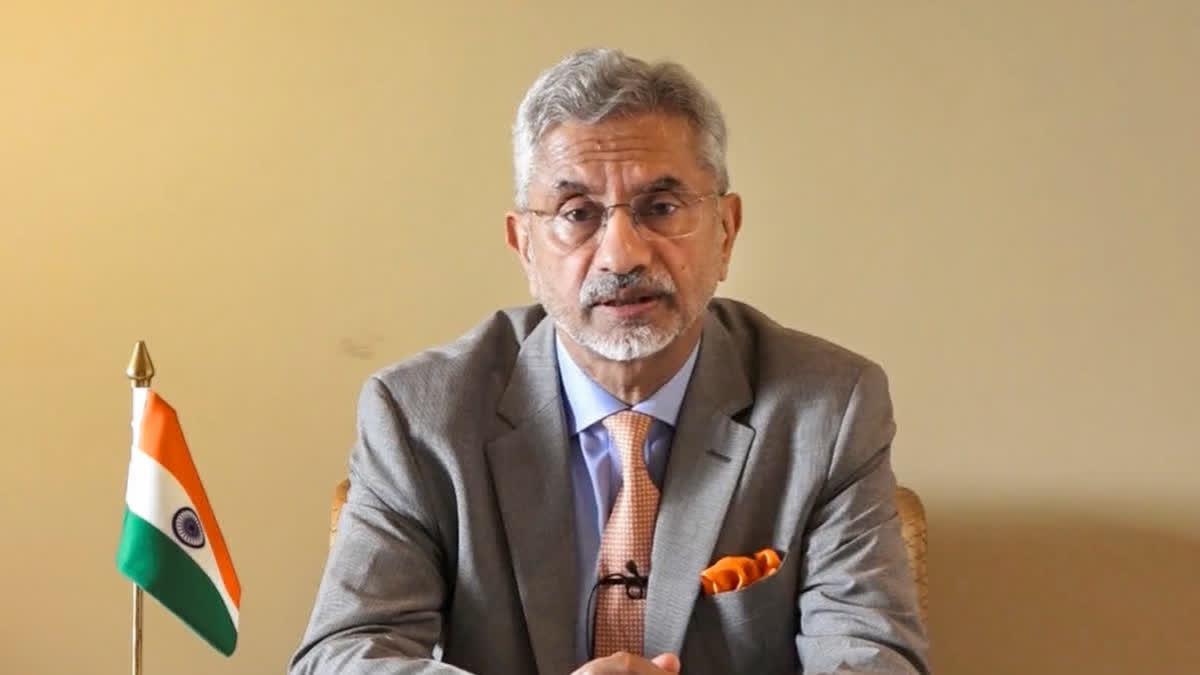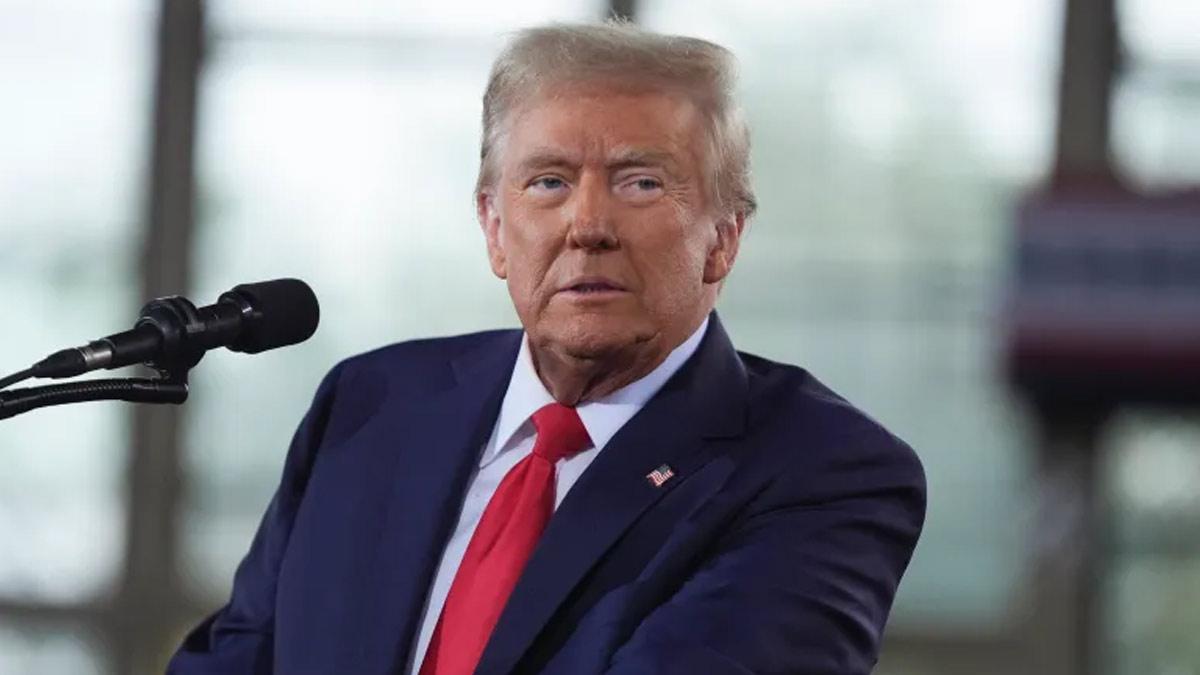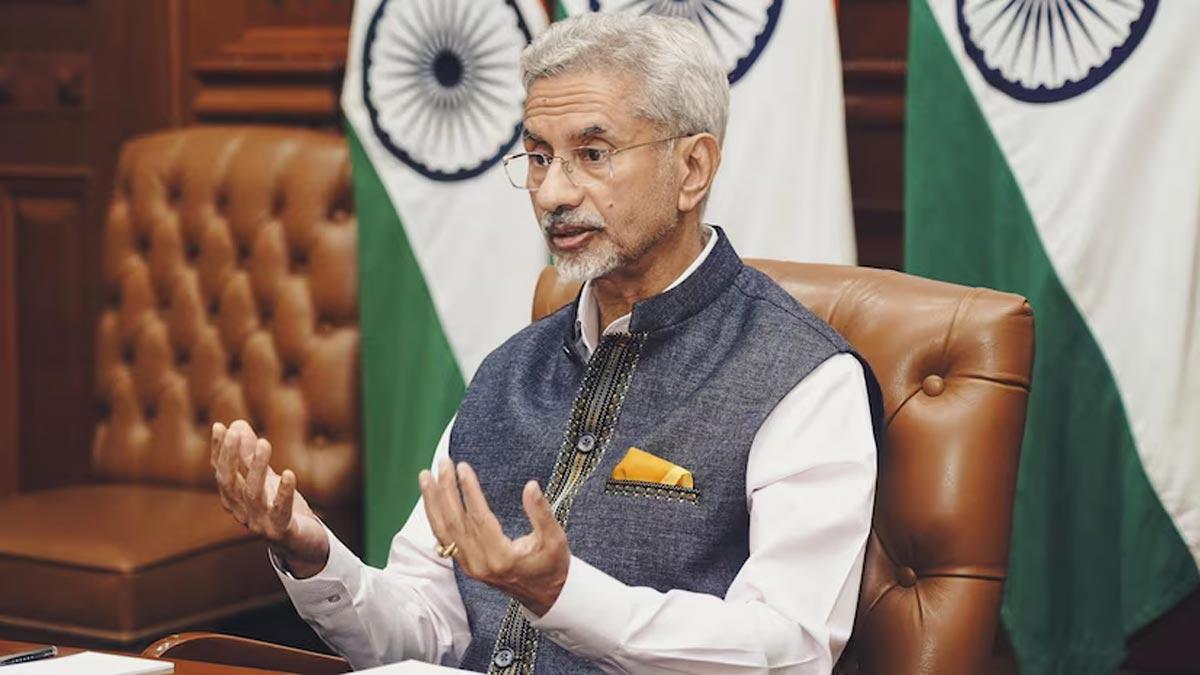In the wake of the horrific terror attack in Pahalgam that claimed 26 lives, Pakistan has turned to Russia, seeking its diplomatic assistance to de-escalate tensions with India.
Islamabad's ambassador in Moscow, Mohammad Khalid Jamali, has formally appealed to Russia for help in lessening hostilities between the two nuclear-armed neighbours.
In an interview set to be published shortly by Russia's state-controlled TASS news agency, Ambassador Jamali referred to Moscow's singular location as India's top strategic partner while having friendly ties with Pakistan. He expressed hope that Russia could use this balanced alliance as a springboard to serve as a mediator, much like it did during the 1966 Tashkent Agreement when it facilitated a resolution to an earlier war between the two countries.
In the meantime, while speaking on the telephone to India's External Affairs Minister S. Jaishankar recently, Russian Foreign Minister Sergei Lavrov urged restraint in the region after the Pahalgam attack. He invoked the principles under which the 1972 Simla Accord and the 1999 Lahore Declaration were made—both of which state bilaterally resolved differences and discourage third-party intervention.
On the Pakistani side, Deputy Prime Minister and Foreign Minister Ishaq Dar also met separately with Lavrov. In a statement released by Pakistan's Foreign Office, Dar briefed the Russian minister on the situation in the region. "Lavrov was concerned over the situation and underscored the need for diplomacy to settle issues. He made it clear that both sides need to exercise restraint and avoid an escalation," the statement said.
Hostilities between India and Pakistan have intensified sharply since the April 22 terror attack in Jammu and Kashmir's Pahalgam region, the most lethal attack in the Valley since the 2019 Pulwama bombing. In a strong action, India suspended the Indus Waters Treaty of 1960, a major bilateral agreement on river water sharing. On April 24, Prime Minister Narendra Modi announced that those responsible for the attack—and those supporting them—would be taken decisive action against.
Pahalgam Terror Attack Overview
The attack on April 22 at Pahalgam killed 26 people, with the majority of the deceased being tourists, and injured some others. The attack remains one of the worst acts of terror in the area since Article 370 was repealed in 2019. The Indian security personnel reacted by starting intense search operations to find and eliminate the assailants. Security in the region has been significantly tightened, and visuals from the area depict empty streets in what is typically a bustling tourist hotspot.
Read also| Prince Harry to Press UK Minister on Security Rights After Court Defeat
Read also| Zelenskyy Declines to Assure Safety of Putin’s Foreign Guests at Red Square Parade

